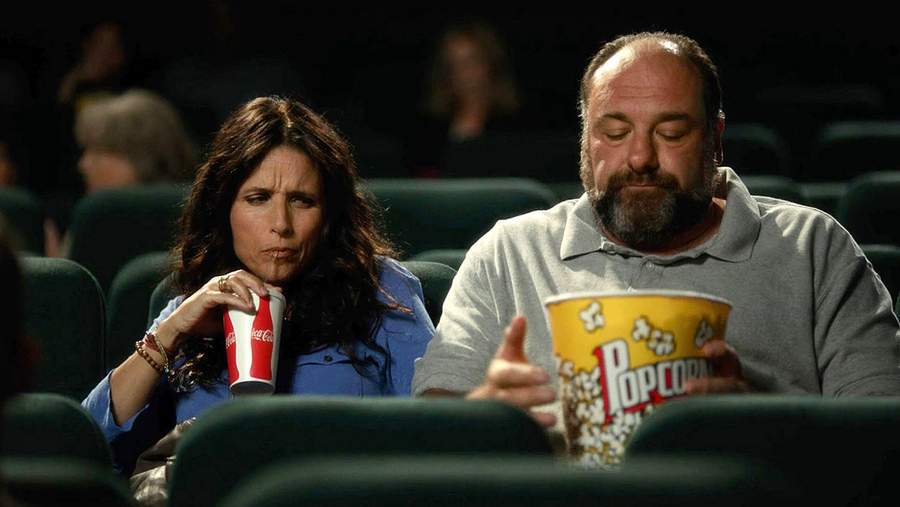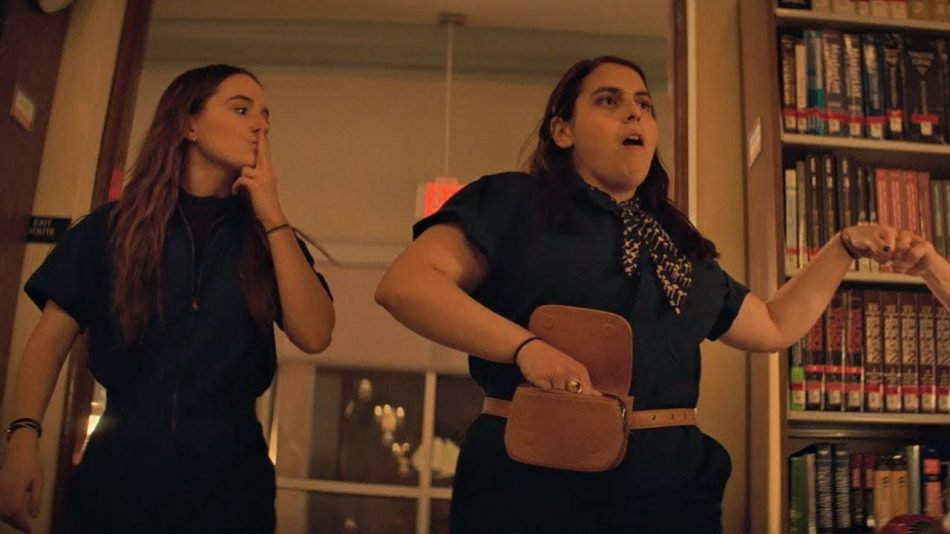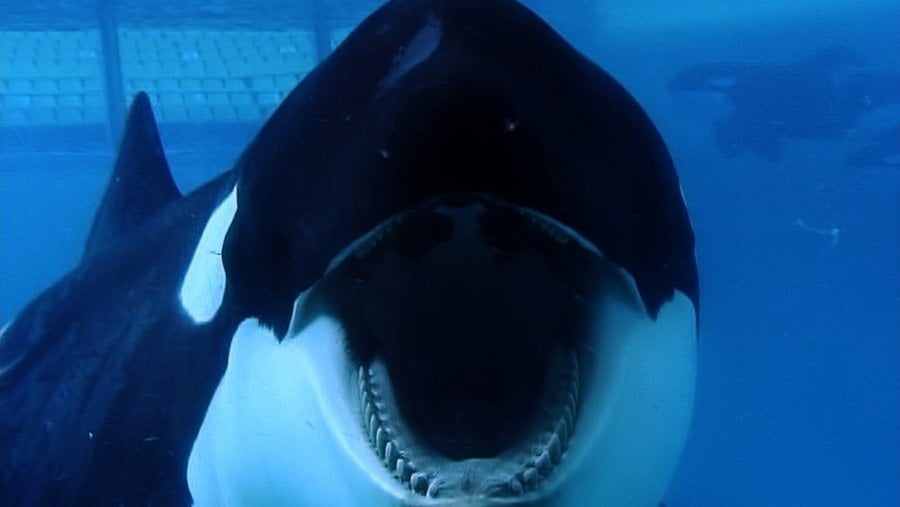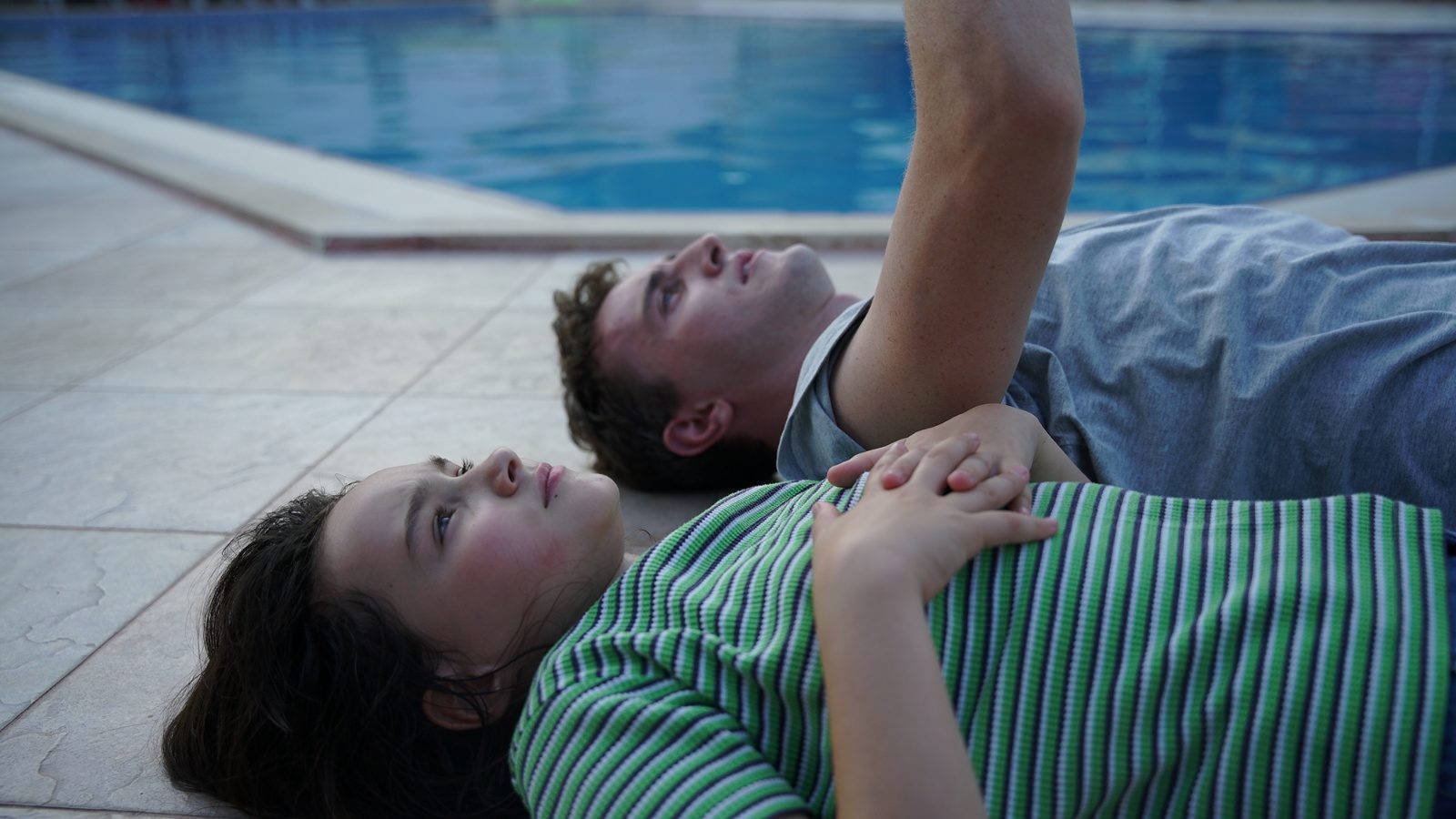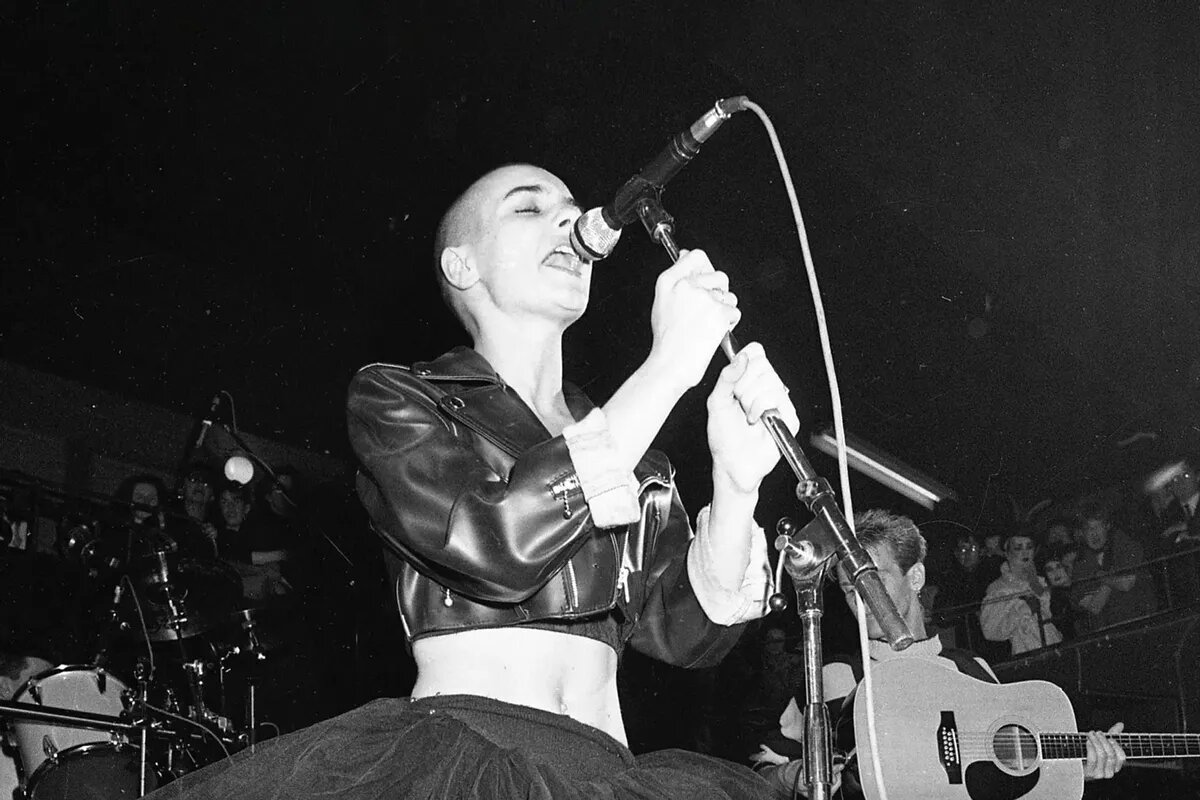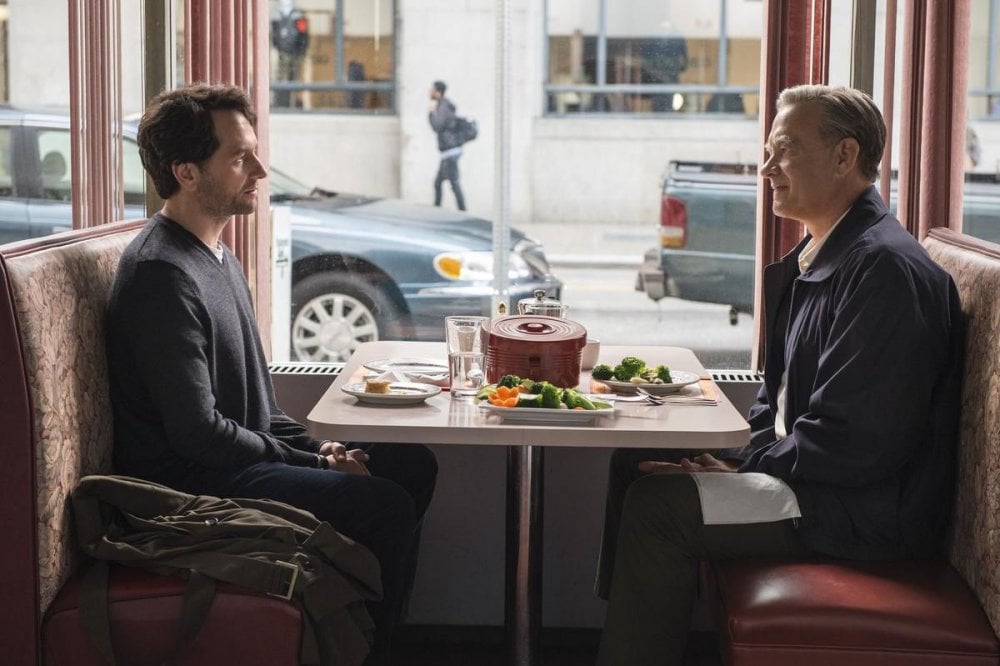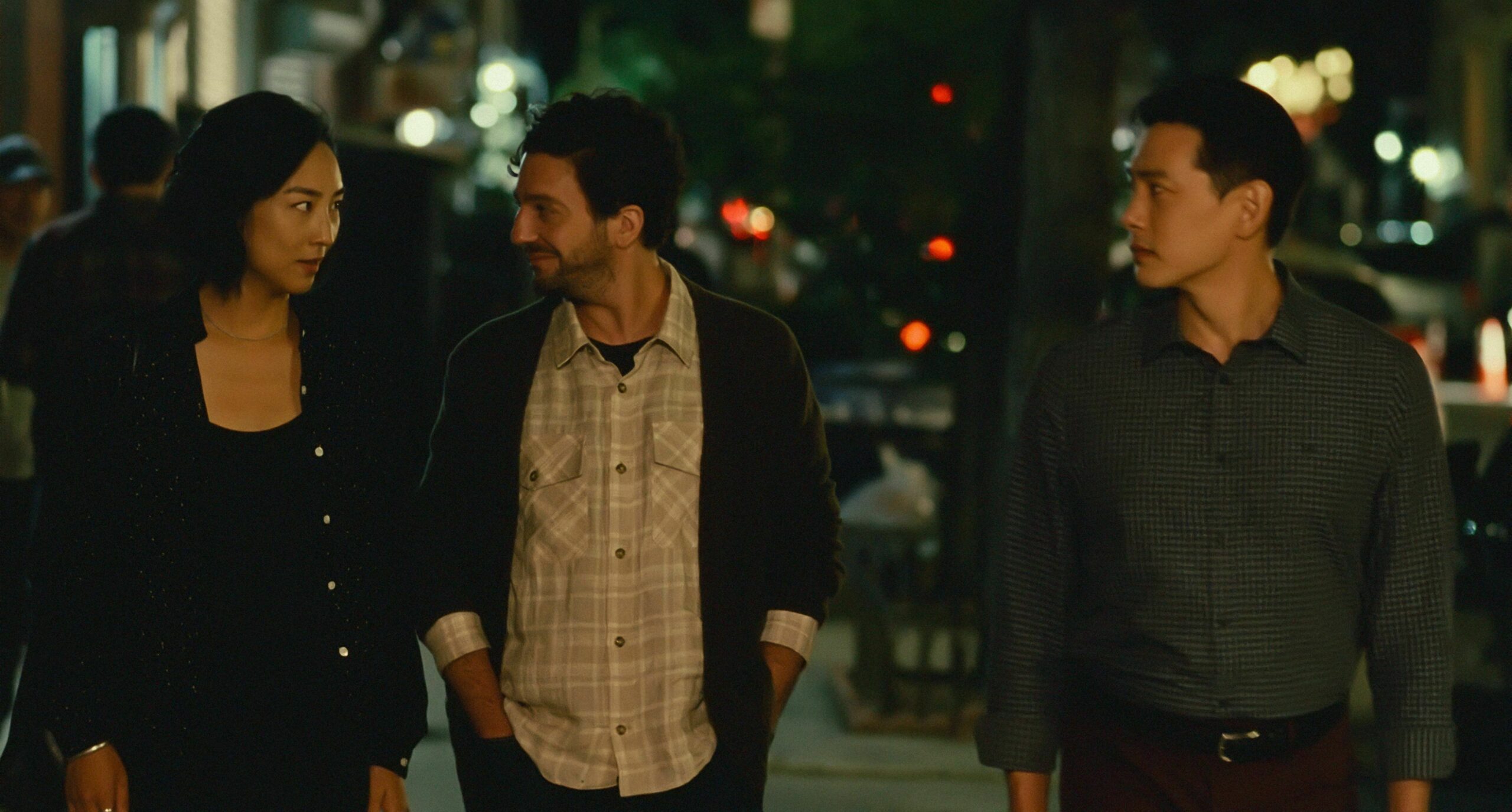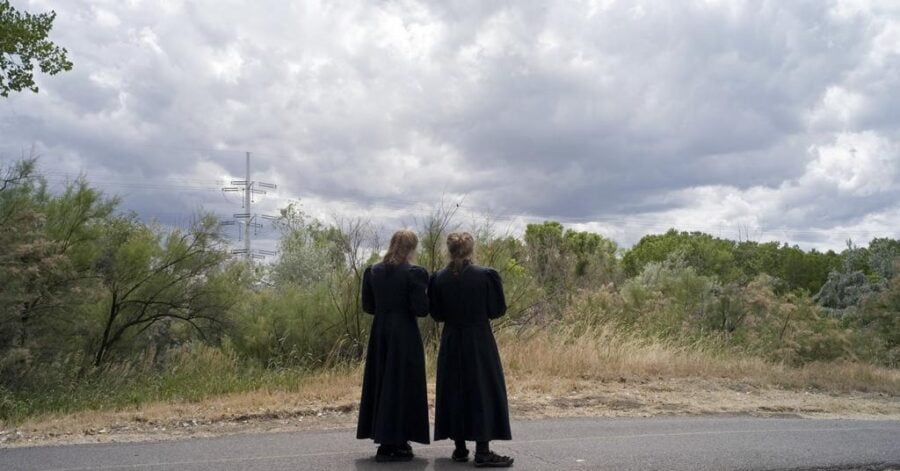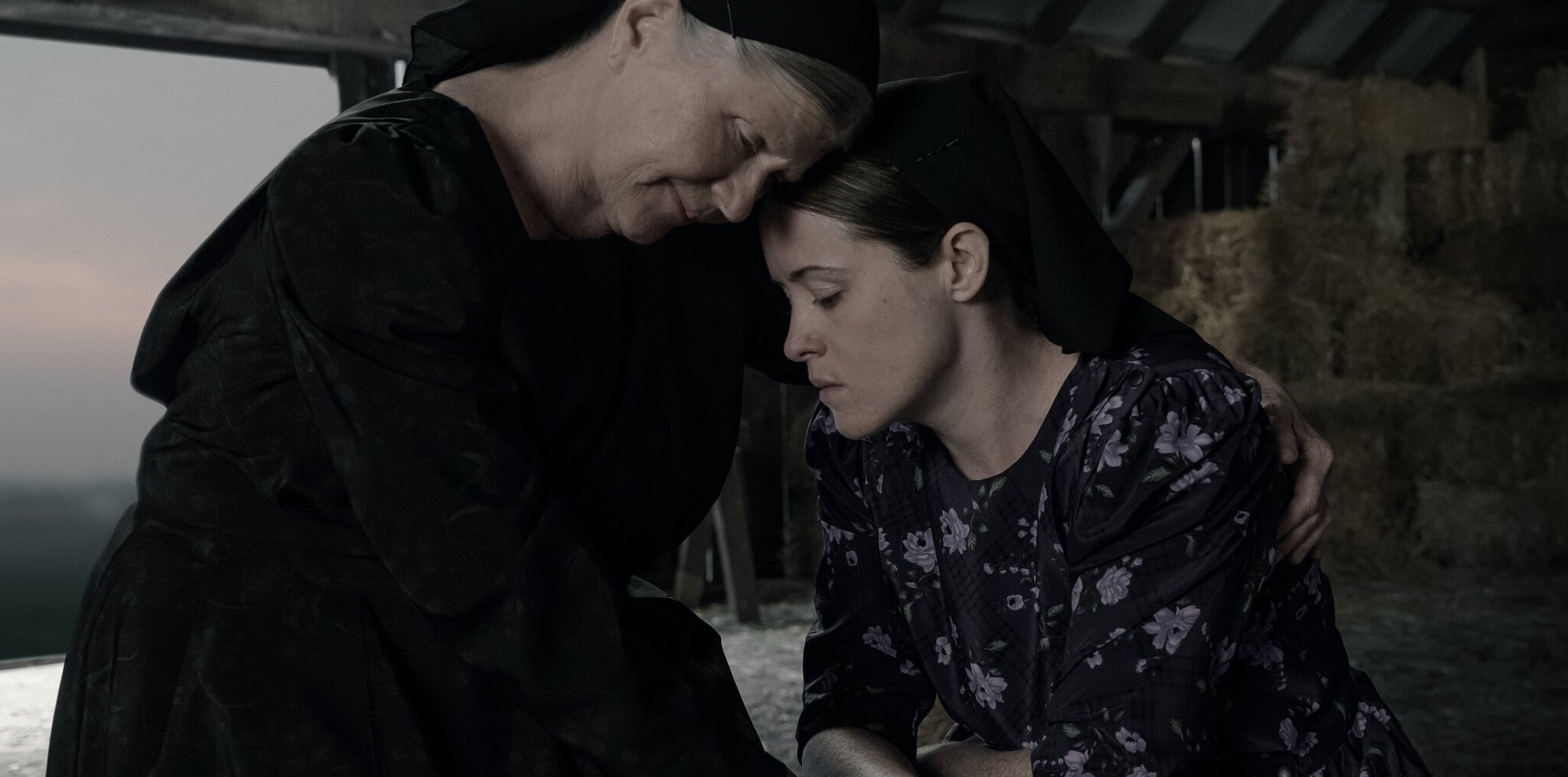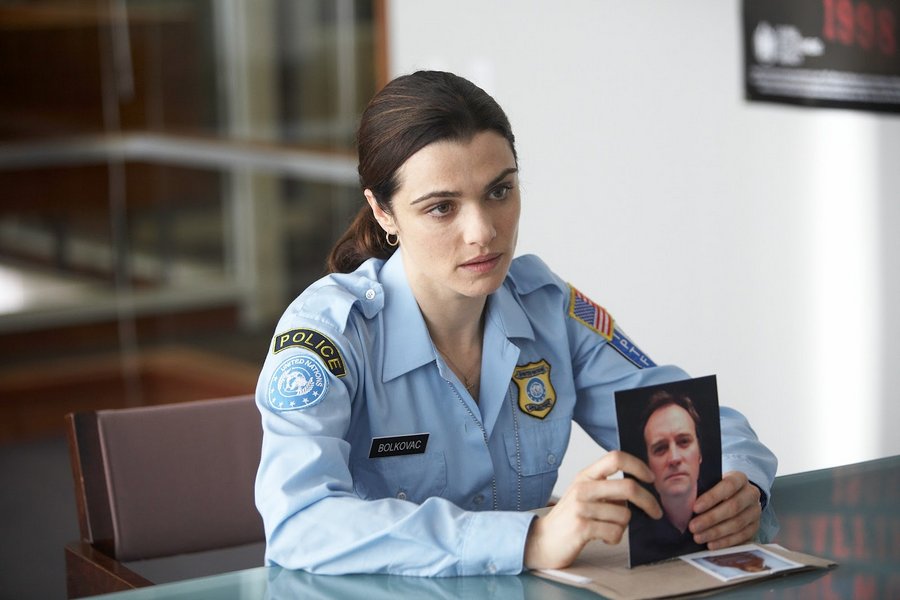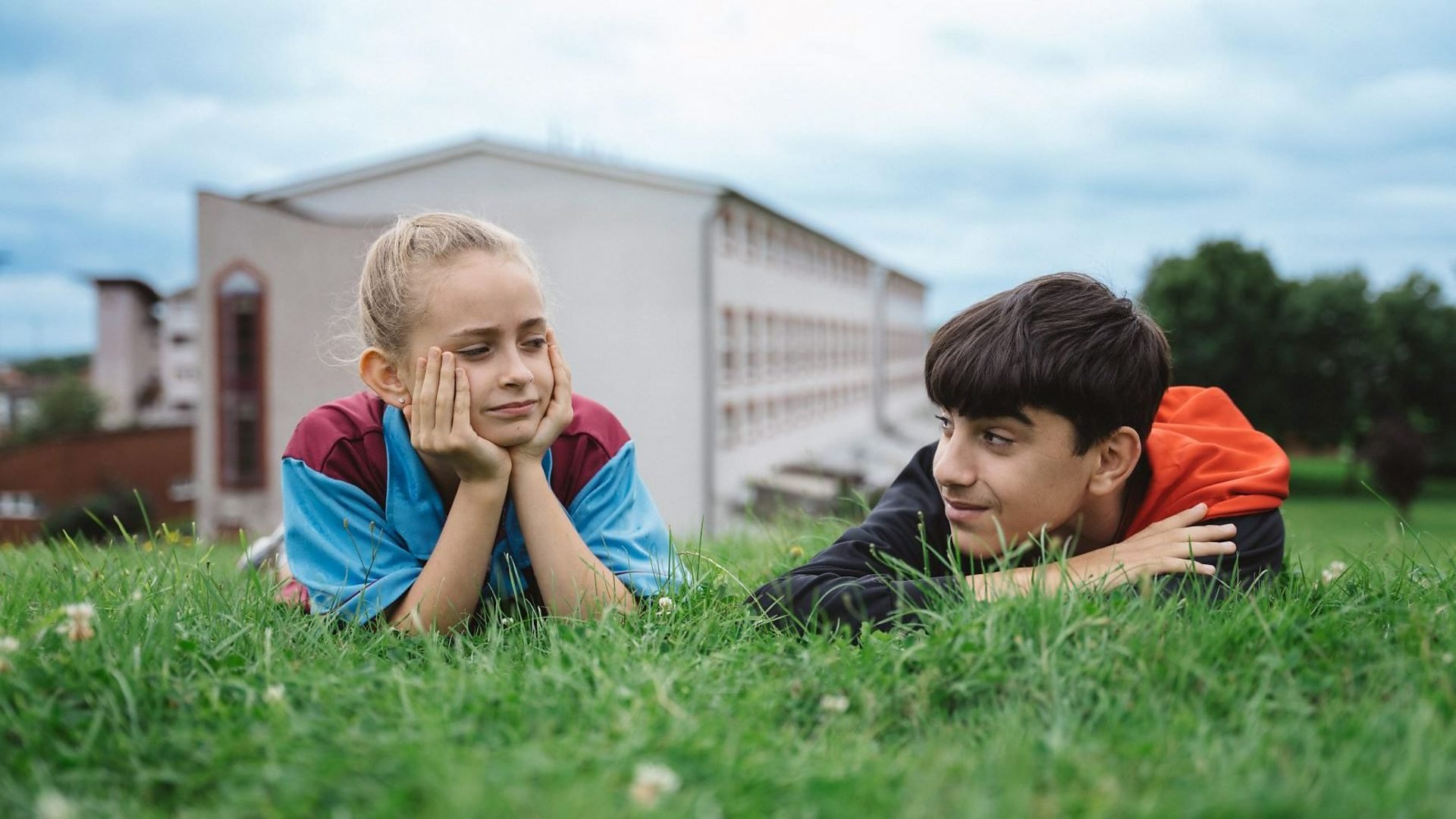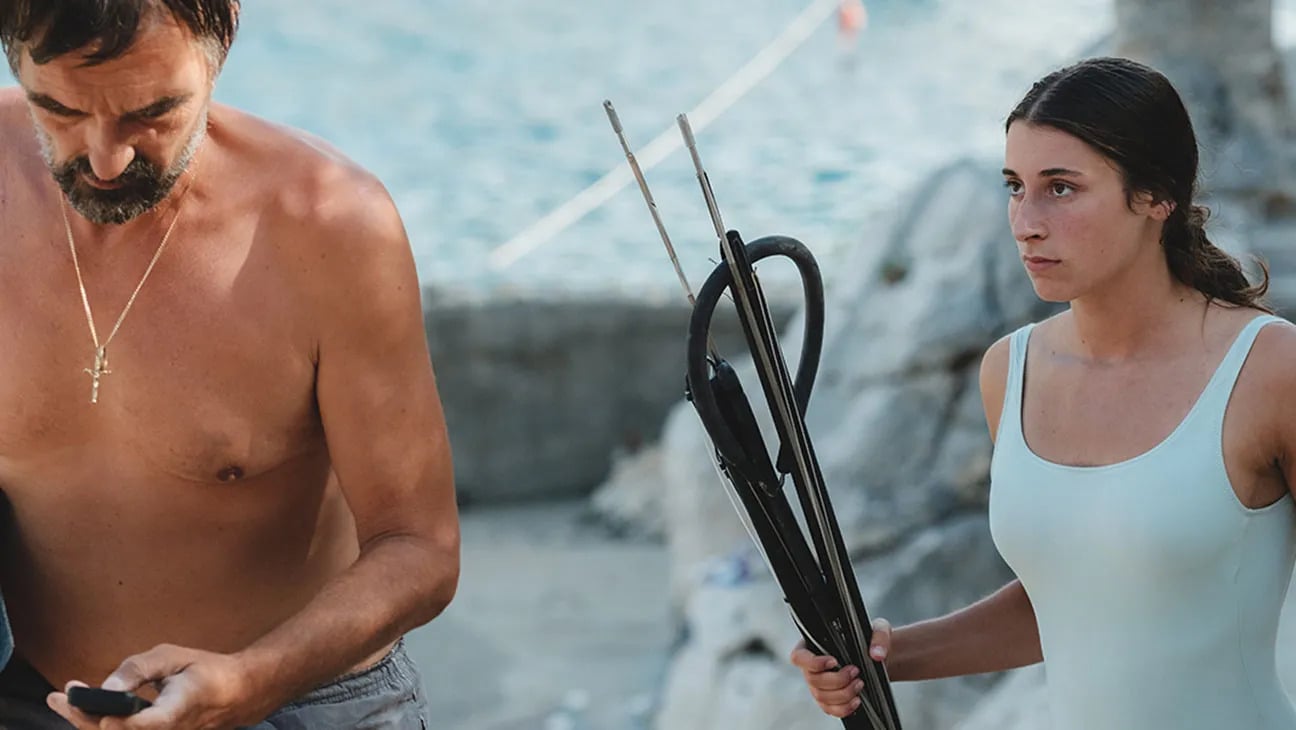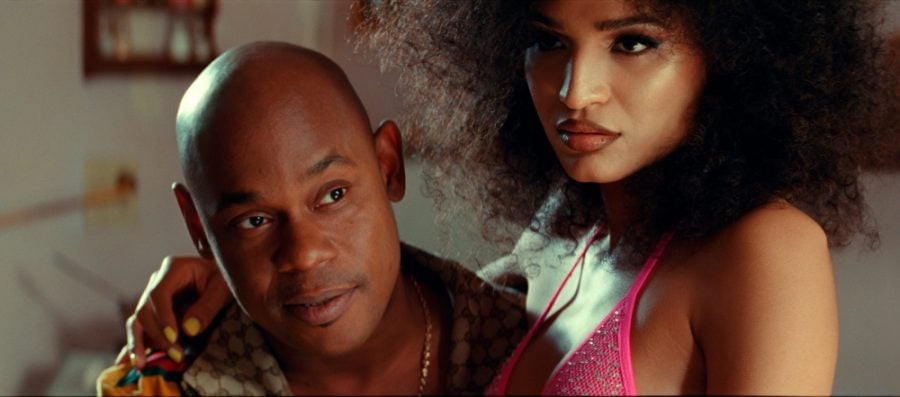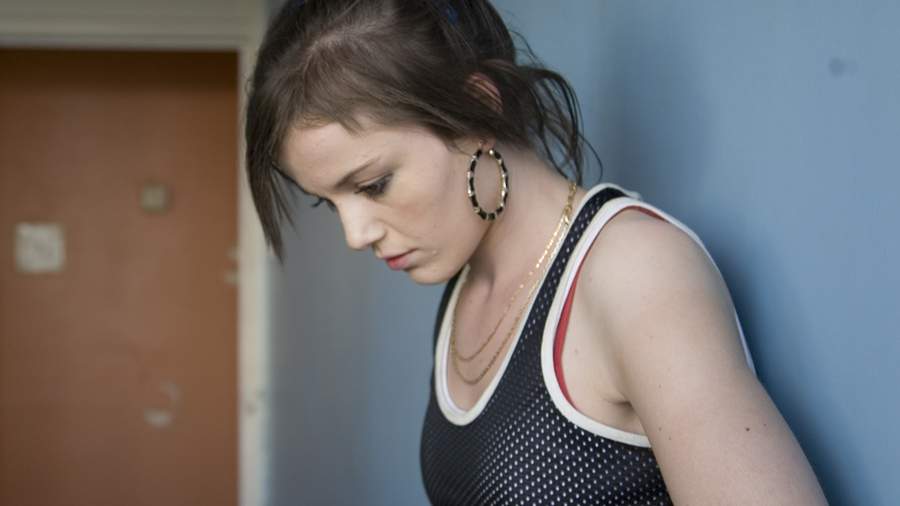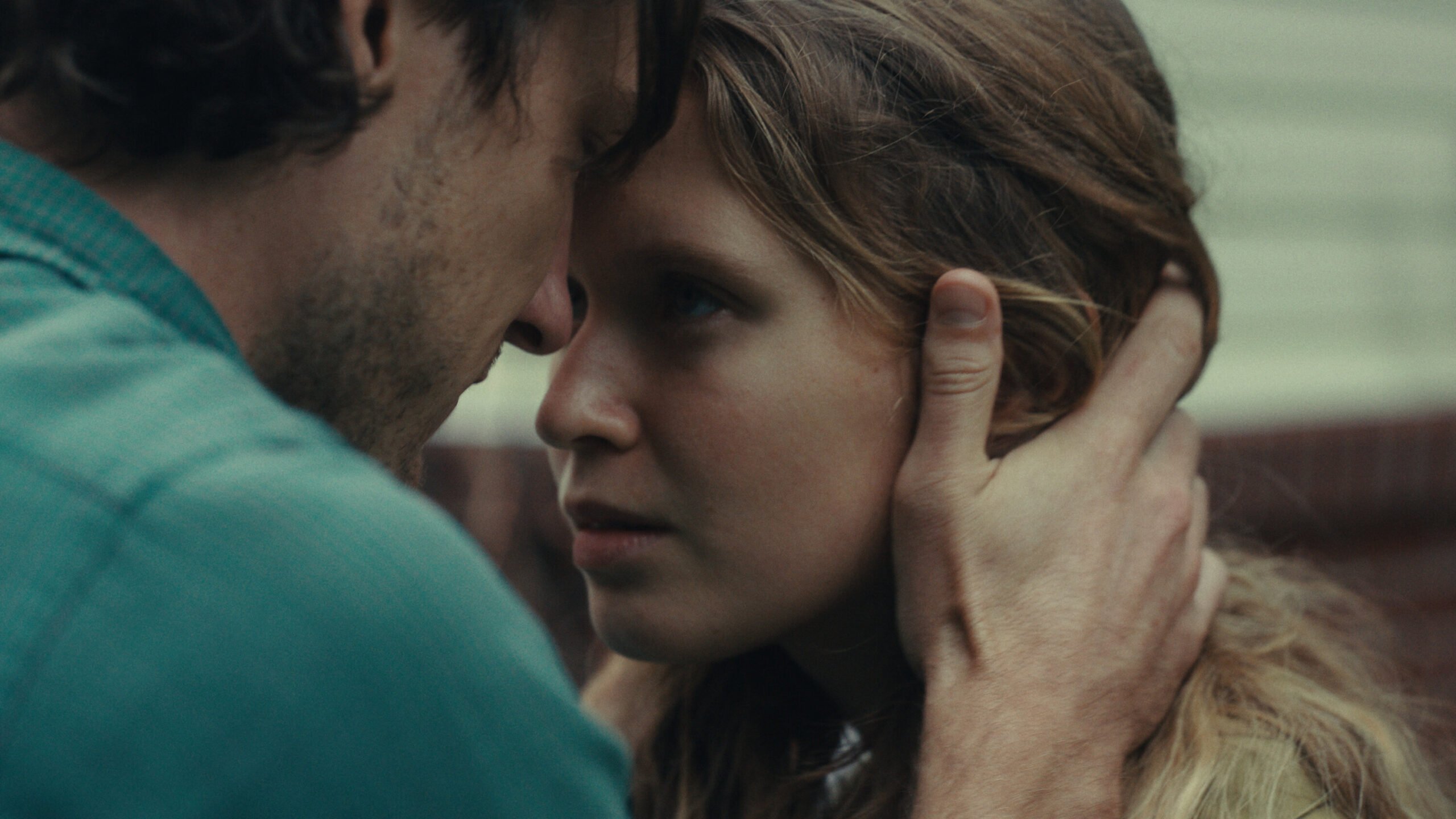You know you're in for a treat when you see Julia Louis-Dreyfus and James Gandolfini heading the cast of a sweet and slightly goofy comedy. Steadily going beyond his persona in The Sopranos, you see James Gandolfini playing a role that his fans have probably always imagined him playing: a nice, funny guy with an endearing personality. Directed by Nicole Holofcener, Enough Said almost has a sit-com feel to it: a divorced single parent and masseuse, Eva (Louis-Dreyfus), is looked up by a guy, she briefly met at a party, Albert (Gandolfini). Upon finding out they have much in common, the two start dating. At the same time, she meets Marianne (Catherine Keener), who she becomes friends with and who cannot stop talking ill of her apparently awful ex-husband. You guessed it: it's her new, promising date, Albert. Things get muddy and very funny as she starts to doubt, whether she has made a big mistake. Hilarious, romantic, and smart, it's very much like we expected: a real treat.
Genre: Comedy, Drama, Romance
Actor: Amy Landecker, Anjelah Johnson-Reyes, Barry Jenner, Ben Falcone, Catherine Keener, Christopher Nicholas Smith, Eve Hewson, James Gandolfini, Jessica St. Clair, Julia Louis-Dreyfus, Kathleen Rose Perkins, Lennie Loftin, Luke Grakal, Michaela Watkins, Phillip Brock, Rebecca Drysdale, Rick Irwin, Rob Mayes, Rob Steiner, Sarah Burns, Tavi Gevinson, Toby Huss, Toni Collette, Tracey Fairaway
Director: Nicole Holofcener

